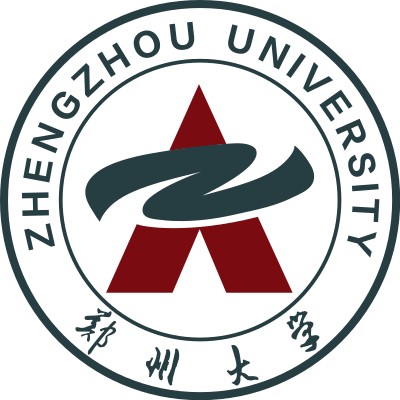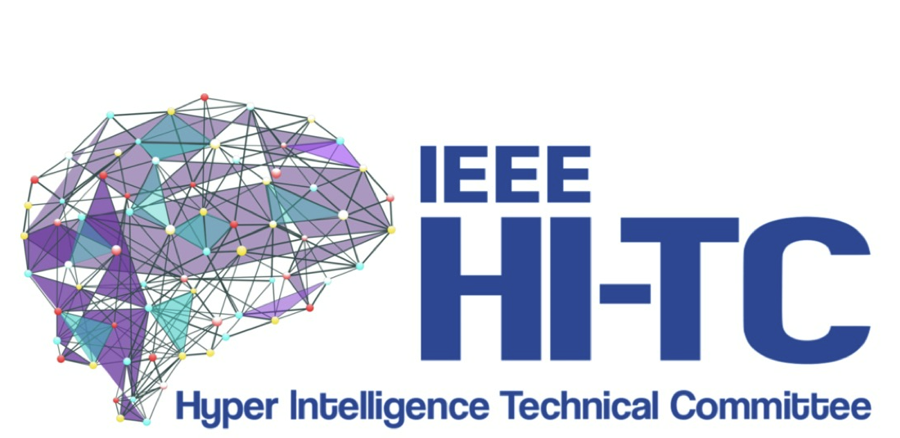|
Topics of interest include, but are not limited to:
Track 1: Big Data Applications and Analytics
• Novel Algorithms for Big Data
• Data Modeling and Simulation
• Big Data Analytics and Applications in Practice
• High-Performance Computing and Algorithms
• Databases and Data Mining Applications
• Sequential Data Mining
• Temporal and Spatial Data Mining
• Big Networking Data Mining
• Big Data Search Architectures, Scalability and Efficiency
Track 2: Intelligent and Bio-inspired Computing
• Artificial Intelligence and Machine Learning
• Artificial Immune Systems
• Business Intelligence and Multimedia Technology
• Computational Systems Biology and Medical Information
• Computational Neuroscience
• Complex Systems and Fuzzy Systems
• Evolutionary Computation
• Intelligent Computing in Biomedical Analysis
• Natural Language Processing
Track3: Computational Social Systems
• Fundamental Theories and Applications in SN/MSN
• SN/MSN Development Platform
• Socially-Inspired Design of Communications Networks
• Privacy, Security, Ethics, Culture, and Anonymity Issues
• Social Sensing, Crowdsourced Sensing and Mobile Participatory Sensing
• u-Things, u-Science and u-Engineering
• Intelligent Transportation Systems and Safety-Critical Systems
• Capacity Offloading through D2D Local Area Networks
• Economic, Social, Psychological Inspired Incentive Mechanisms
• Business Models of SN/MSN
Track 4: Scientific and Engineering Computing
• Model Fitting and Data Analysis
• Modeling and Simulation
• Algorithms for Solving Discrete and Continuous Problems
• Computational Optimization
• Analysis and Visualization of Data
• Evolutionary Computing and Genetic Algorithms
• Fuzzy Systems
• Soft Computing
• High Performance Computing
Track 5: Cluster, Grid, P2P and Cloud Computing
• Autonomic Computing in Grid, P2P, Cloud systems
• Cloud Computing and Applications
• Data Intensive and Computing Intensive Applications
• Economics of Grid, P2P, Cloud and Internet Computing
• Grid and P2P Infrastructures for Data Storage and Data Mining
• High Performance and Scalable Computing
• Large-scale Collaborative Systems
• Programming models, tools, and environments
• Middleware for Grid, P2P, and Cloud Systems and Applications
• Methodology and Practice of Semantic Grid and Web
• Overlay Networks for P2P Systems
• Reputation Aggregation for Computing Systems
• Theoretical Model for Computing Systems
• Scalability, Dependability and Reliability
• Scheduling, Resource Discovery and Allocation
• Social Networking and Implications
• Trust Integration and Security
• Ubiquitous and Pervasive Computing Applications
• Virtual Organizations and Enterprise Computing
• Web and Grid Service-based Applications
Track 6: Mobile Computing and Wireless Communications
• Space-Time, MIMO and Adaptive Antennas
• Mobile Data Communication
• Security Issues Involved in Mobile Computing
• OFDM, CDMA and Spread Spectrum
• Multimedia in Mobile Computing: Issues, System Design, and Performance Evaluation
• Multimedia Signal Processing
• Cross Layer Optimization in Wireless Networks
• Cognitive Radio, Ultra-wideband
• Multihop and Cooperative Communications
• Modulation, Coding, Diversity
• Signal Processing in Body Area Networks
• Wireless Emergency and Security Systems
Track 7: Embedded and Ubiquitous Computing
• Embedded System Software and Optimization
• Embedded System Architectures
• Hardware/Software Co-design and Design Automation
• Real-Time Systems and Operating Systems
• Application-Specific Processors and Devices
• Power-Aware Computing
• System/Network-on-Chip
• Reconfigurable Computing Systems and Applications
• Pervasive Computing and Communications
• Middleware and Peer-to-Peer Computing
• Internet Computing and Applications
• Multimedia and Data Management
• Human-Computer Interaction
• Agents and Distributed Computing
• Security and Fault Tolerance Applications
Track 8: Security, Privacy and Trust
• Information and System Security
• Network and Computer Security
• Trusted Computing
• Privacy Computing
Track 9: Advanced Networking and Applications
• Communication Protocol and Architecture
• High-speed Communication and Network
• Mobile Ad-hoc and Sensor Network
• Low-Power Network and System
• Wearable Network and System
• Embedded System and Networking
• Internet Technology and IP-Based Applications
• Network Control and Management
• Network Performance, Analysis and Evaluation
• Quality of Services (QoS)
• Ubiquitous/Pervasive Networks and Computing
• Ubiquitous Intelligence and Smart World
• Smart Object, Space/Environment and System
• Innovative Networking and Applications
• Social, Ethical & Other Issues of Networked World
• Network and Application Hardware
Track 10: Service and Internet Computing
• Mathematical Foundation of Services Computing
• Services Science
• Service-Oriented Architecture (SOA)
• Web Services
• Wireless Grid and Communication Services Delivery Platform
• Grid Applications and System Solutions
• Dependable, Reliable and Autonomic Computing
Track 11: Distributed and Parallel Computing
• Parallel/Distributed Architectures
• Real-Time Parallel and Distributed Systems
• Parallel and Distributed Operating Systems and Middleware
• Parallel and Distributed Applications and Web Services
• Parallel I/O Systems and Storage Systems
• Tools and Environments for Parallel & Distributed Software Development
• Distributed Data and Knowledge Based Systems
• Distributed Graphics and VR/AR/MR System
• Distributed AI and Soft/Natural Computing
• Security issues in Parallel and Distributed Systems
Track 12: Dependable, Reliable and Autonomic Computing
• Autonomic Computing Theory, Models, Architectures and Communications
• Dependable Automatic Control Techniques and Systems
• Cloud Computing with Autonomic and Trusted Environment
• Reliable Computing
• Hardware and Software Reliability, Verification and Testing
• Dependability and Autonomic Issues in Ubiquitous Computing
• Software Engineering for Dependable Systems
Track 13: CSE Education
• Computer Aided Education
• Multimedia and Education
• Computer Science and Education Technology
• E-learning
|






